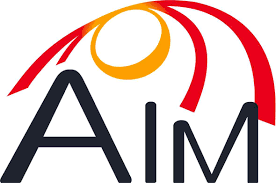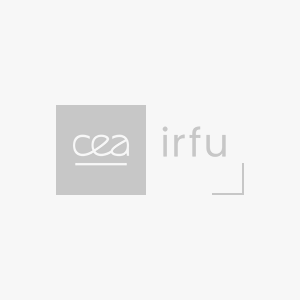Code comparisons in cosmology are often performed with the underlying objective of identifying predictions upon which different codes converge that can be interpreted as robust, free of artifacts, predictions. Such an objective assumes that code comparisons can be constructed in such a way that the two notions of convergence and of robustness collapse. But, in order to achieve such a goal, code comparisons of structure formation have to meet an important epistemic challenge: that of constructing their codes ensemble on the basis of codes that are as independent as possible, but also comparable. In this talk, I show that enforcing the latter often amounts to multiplying common idealizations that hinder the achievement of the former, and thus leads to code comparisons that include many unscrutinized sources of artefacts possibly similarly distorting the predictions of the model. As a result, I argue that in context of high uncertainties where the domain of verification and validation of simulations has shrunk to code comparisons, code comparisons are better and actually very efficient as exploratory tools, both for getting insights into the physics implemented and for breaking the epistemic opacity of numerical simulations.
Local contact & organizer: Frédéric GALLIANO
SAp


